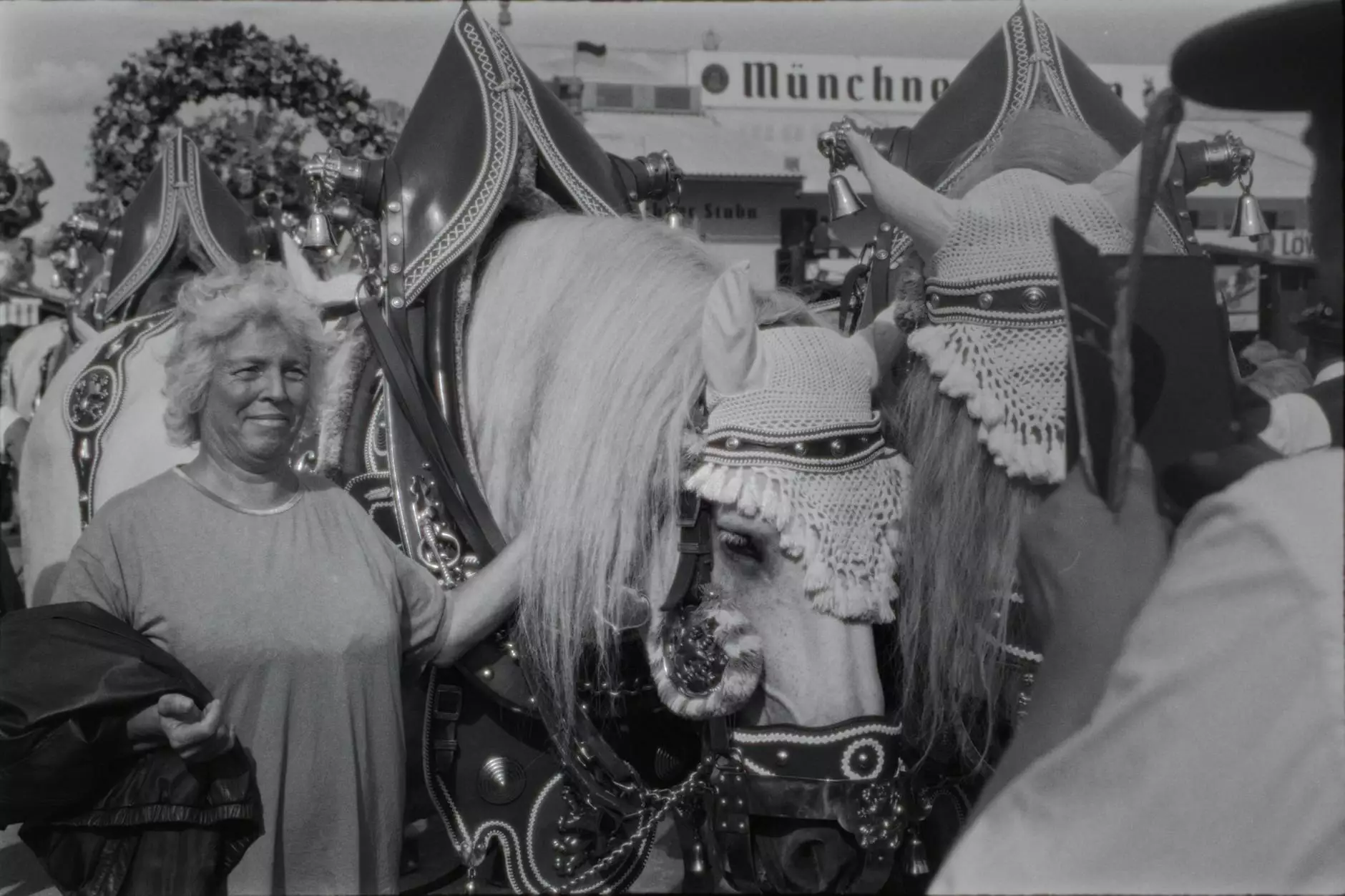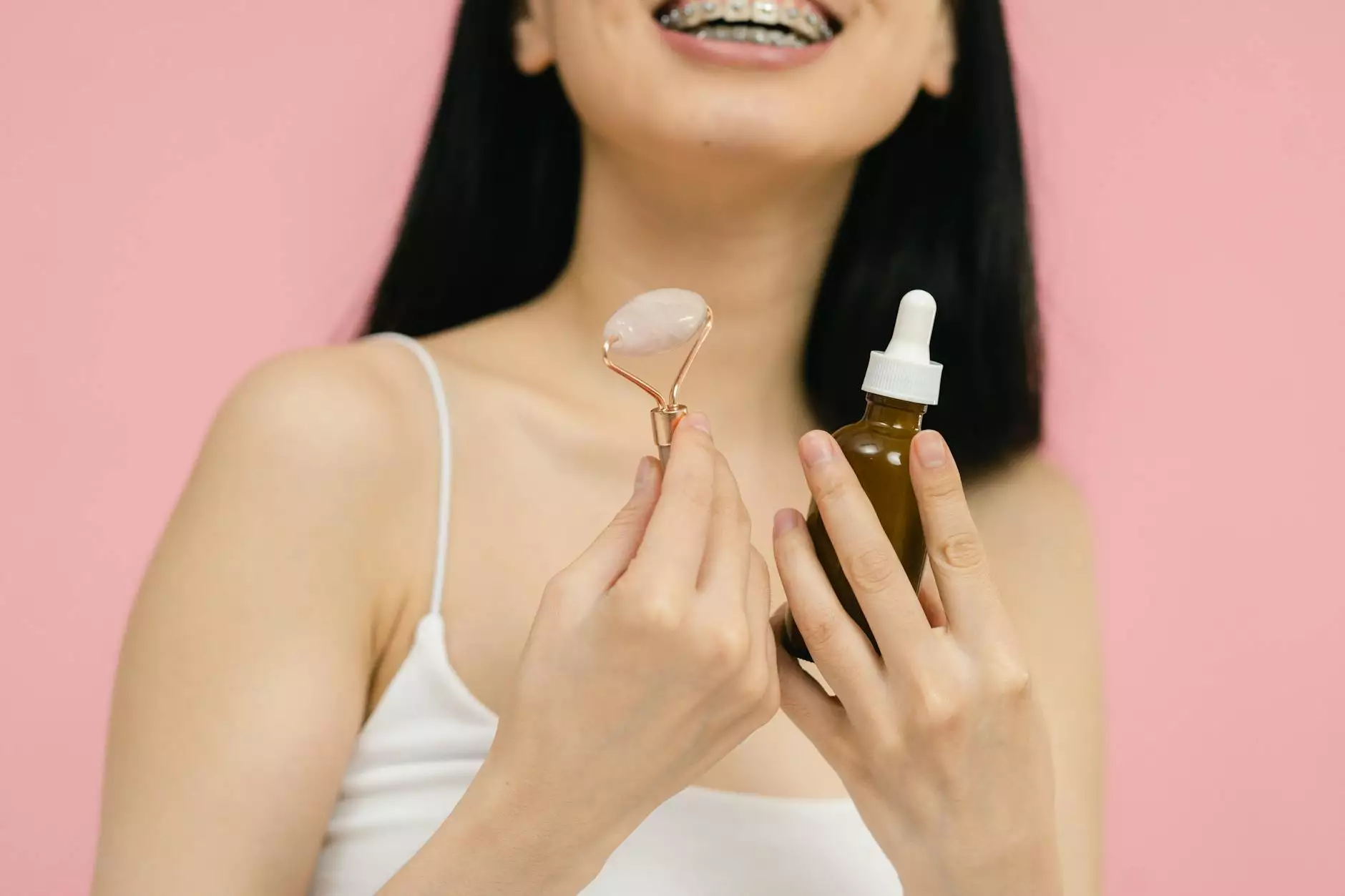Understanding Equine Injection: A Comprehensive Guide for Horse Owners

Equine injection is a critical aspect of modern veterinary medicine, particularly in the field of horse health care. As a horse owner, understanding this procedure can help ensure the well-being of your equine companion. In this article, we will delve deep into the various types of equine injections, their benefits, and practices that safely administer them.
The Importance of Equine Injections
In the world of equine medicine, injections serve several essential purposes. Here are a few key reasons why they are vital:
- Vaccination: Protects horses from infectious diseases.
- Treatment of Conditions: Addresses pain, inflammation, and infections.
- Supplementation: Delivers essential nutrients and medications effectively.
- Performance Enhancement: Helps maintain peak physical condition in competitive horses.
Types of Equine Injections
Understanding the various types of equine injections can empower horse owners to make informed decisions regarding their horse's health. Below is a detailed overview.
1. Vaccines
Vaccination is perhaps the most common form of equine injection. Vaccines work by introducing a harmless part of a virus or bacterium into the horse's body, stimulating an immune response without causing disease. Here are some essential vaccines:
- West Nile Virus: Effective against a potentially fatal virus transmitted by mosquitoes.
- Tetanus: Prevents tetanus, which can be deadly.
- Equine Influenza: Protects against a common respiratory illness.
- Rabies: A crucial vaccine as rabies is universally fatal.
2. Therapeutic Injections
These injections are used to treat various medical conditions. Key therapeutic injections include:
- Non-Steroidal Anti-Inflammatory Drugs (NSAIDs): Used to relieve pain and reduce inflammation.
- Antibiotics: Administered to treat bacterial infections.
- Corticosteroids: Help reduce inflammation and modulate immune responses.
3. Reproductive Injections
In the breeding context, equine injections can enhance fertility and reproductive health. Notable ones include:
- Hormonal Injections: To regulate ovulation and support breeding programs.
- Artificial Insemination (AI): Facilitates breeding without direct natural mating.
4. Performance Injections
Competitive horse owners often utilize specific injections to optimize performance, including:
- Joint Injections: Hyaluronic acid or corticosteroids aimed at reducing joint pain.
- Platelet-Rich Plasma (PRP): A modern therapy that utilizes the horse's own healing factors to treat injuries and inflammation.
Benefits of Equine Injections
The advantages of incorporating injections into equine health care are manifold:
- Preventative Care: They can prevent diseases before they occur.
- Rapid Response: Injections provide immediate pain relief and treatment.
- Precise Dosing: Enables accurate delivery of medications and nutrients.
- Improved Recovery: Facilitates quicker recovery from injuries and surgeries.
Best Practices for Administering Equine Injections
Administering injections, whether by a professional veterinarian or knowledgeable owner, requires care and preparation. Here are some best practices:
1. Knowledge and Training
Before attempting to administer an injection, it is critical to understand the anatomy of the horse. Training courses in equine medicine can be invaluable. In many cases, having a veterinarian perform the injections is the recommended approach.
2. Selecting the Appropriate Injection Site
Common sites for administering equine injections include:
- Intramuscular (IM): Typically in the neck or hindquarters.
- Subcutaneous (SC): Just beneath the skin, often over the shoulder.
- Intravenous (IV): Requires technical skill and understanding of anatomy.
3. Maintaining Sterile Conditions
To prevent infections, it is crucial to use sterile needles and syringes, and to clean the injection site with an antiseptic solution before administration.
4. Follow-Up Care
After administering an injection, monitor your horse for any signs of adverse reactions, swelling, or discomfort. Always follow up with the veterinarian for guidance on post-injection care.
Common Concerns with Equine Injections
While injections are safe and effective, horse owners may have some concerns:
1. Adverse Reactions
Some horses may experience local swelling or discomfort at the injection site, or in rare cases, an allergic reaction. It's essential to consult your veterinarian if you notice any unusual signs.
2. Injection Site Abscesses
Poor technique or non-sterile conditions can lead to abscess formation. Proper technique and hygiene reduce this risk significantly.
3. Legal and Ethical Considerations
For competitive horses, be aware of the legal regulations regarding performance-enhancing medications. Always comply with the standards set forth by governing equestrian bodies.
The Future of Equine Injection
As veterinary medicine advances, so do the methods and technology behind equine injections. Innovations such as regenerative therapies and improved delivery systems are on the rise, offering enhanced treatment options and improved outcomes for horse health.
Conclusion
Understanding and implementing proper equine injections is crucial for any horse owner dedicated to the health and performance of their equine friends. Whether for preventive care, therapeutic treatment, or enhancing performance, equine injection plays an indispensable role. Stay informed, consult with your veterinarian regularly, and make the best choices for your beloved horses.
For more resources and information about equine health and medication, visit our health and pharmacy sections at racehorsemedcare.com.









